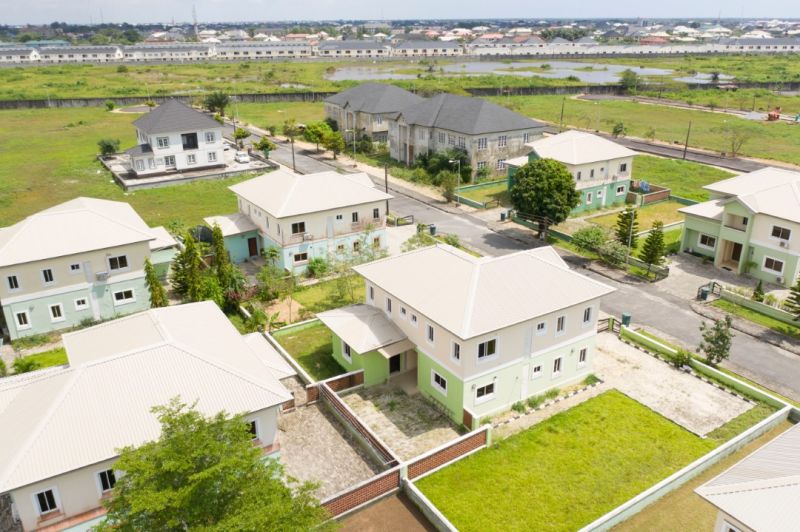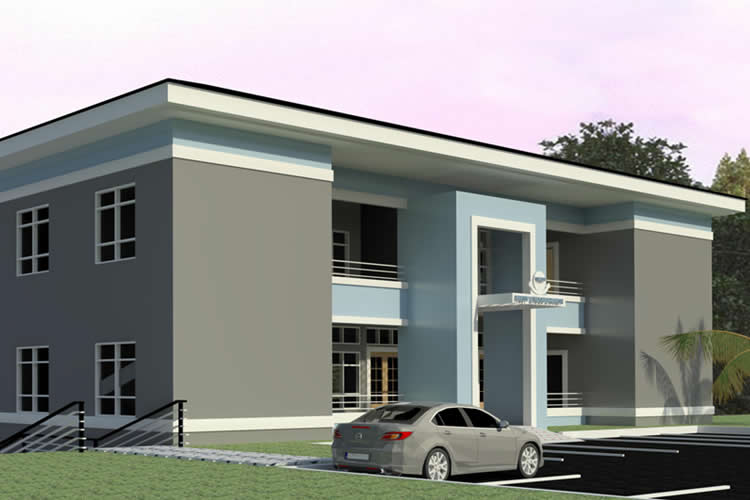
1. Soaring Cost of Building Materials
One of the biggest contributors to the housing crisis is the high cost of building materials in Nigeria. Cement, iron rods, roofing sheets, tiles — you name it — have all seen a dramatic increase in price. Most of these materials are either imported or rely on foreign exchange, and with the naira’s depreciation, developers are spending more than ever to construct a single unit.Example: The price of a bag of cement has jumped from ₦2,500 in 2019 to over ₦6,000 in many locations by 2025.
2. Scarcity and Cost of Land
Land is a major asset in real estate, and its scarcity — especially in cities — drives up housing costs. The cost of land in Nigeria varies significantly depending on location, but in high-demand areas, it can take up over 40% of a developer’s budget. Poor land documentation, multiple ownership disputes, and the cumbersome process of obtaining a Certificate of Occupancy (C of O) further complicate land acquisition.3. High Urban Migration and Population Growth
Nigeria’s urban population is exploding. Every year, thousands move to cities in search of better opportunities, yet housing development hasn’t kept pace. This demand-supply imbalance causes rent to spike and pushes property prices up — a classic case of too many people chasing too few homes.4. Inadequate Government Support and Regulation
Although housing is a human need, government housing policies in Nigeria have largely fallen short. There is limited public housing, and affordable housing schemes often suffer from poor execution or corruption. Additionally, developers face multiple taxes and levies, making the overall cost of construction even higher.5. Inflation and Currency Devaluation
Inflation affects every sector, and housing is no exception. With rising inflation, everything from labor to logistics becomes more expensive. And since many building materials are imported, the naira’s fall against the dollar has made it even worse for both developers and buyers.6. Real Estate as a Wealth Storage Tool
In Nigeria, real estate is not just shelter — it’s an investment. Many wealthy individuals and companies buy up properties not for immediate use, but as a way to preserve wealth. This speculative buying reduces housing availability and pushes prices even higher.7. Insecurity and Regional Displacement
Insecurity in various parts of the country, especially the North-East and North-West, has displaced thousands who now seek shelter in relatively safer cities. This mass movement adds more pressure on already saturated housing markets in places like Abuja and Jos.Conclusion: What’s the Way Forward?
The rising cost of housing in Nigeria is a multi-faceted problem that needs a coordinated response. Policies that promote affordable housing, reduce import dependence, and support local building material production are critical. Encouraging public-private partnerships and investing in housing infrastructure can also help close the housing gap. If Nigeria is to make homeownership and affordable rent a reality for millions, these issues must be addressed head-on — and urgently.Want More Insights on Nigeria’s Real Estate Market?
Stay tuned to our blog for expert analysis, tips, and updates on the Nigerian housing sector. Whether you’re a buyer, investor, or curious observer, we’ve got the information you need.

